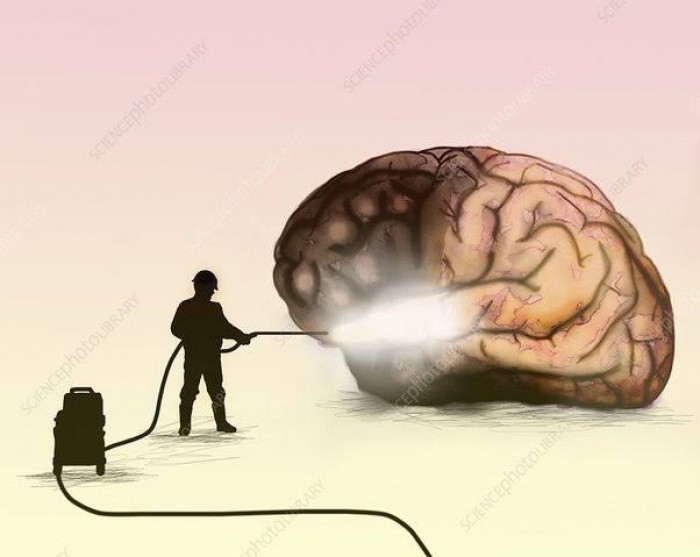June 23, 2025
Oil hits five-month high after US’ attack on Iranian nuclear sites
by Super User
Oil prices jumped on Monday to their highest since January as the United States' weekend…
June 23, 2025
Tinubu, June 12, and the battle for memory: Lamido accuses, Presidency fires back
in POLITICS
by Super User
A fierce war of words has erupted over Nigeria’s political past, as former Jigawa State…
June 23, 2025
The reason even successful people struggle to get out of bed some days
in FEATURES
by Super User
Sometimes after a long, productive day, I only have the energy to scroll on social…
June 21, 2025
Man convicted of posing as flight attendant to fly for free 120 times
in Strangely
by Super User
A 35-year-old American man has been found guilty of impersonating a flight attendant at least…
June 22, 2025
Female suicide bomber kills at least 24 at Borno food joint in deadly attack
in Crime
by Super User
A devastating suicide bombing carried out by a female assailant late Friday night has left…
June 23, 2025
Israel Vs Iran: Here’s what to know after Day 10
in WARS
by Super User
US bombing of Iran started with a fake-out As Operation "Midnight Hammer" got underway on…
June 20, 2025
Nigerian company to make HIV, malaria test kits locally
Nigerian manufacturer Codix Bio Ltd plans to make millions of HIV and Malaria test kits…
May 13, 2025
Nigeria's Flying Eagles qualify for World Cup after dramatic win over Senegal
in Sport
by Super User
Nigeria's U-20 national football team, the Flying Eagles, have secured their place at the 2025…

































































